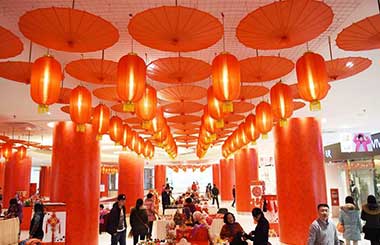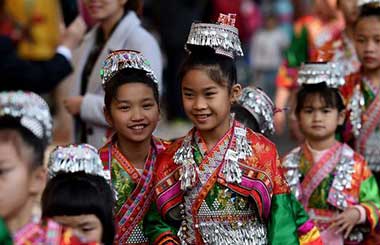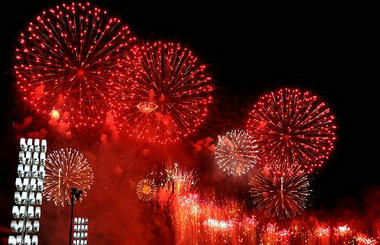Spring Festival events around the US
By Paul Welitzkin in New York ( China Daily USA ) Updated: 2016-02-05 12:26:41The Chinese New Year or Spring Festival is the most important holiday in China. For Chinese living in the United States, the celebration represents a time for families and friends to come together and renew ancient traditions that include gifts, food and music.
New York and San Francisco have the largest Chinese communities in the US, but here is a look at how some Chinese communities in other US cities will celebrate the Year of the Monkey.
Denver
The Chinese first arrived in Denver before 1880 to work on the railroads and in the mines in the area, according to Ting Jiang, a professor at Metropolitan State University of Denver.
A Chinatown featuring shops, restaurants and laundries developed near downtown Denver from 1880 until 1940. "That's when urban renewal came in and destroyed Chinatown," Jiang said.
Jiang said the Chinese community today is scattered across the metropolitan area. Boulder, a 40-minute drive from Denver and home to the main campus of the University of Colorado, hosts a fairly significant Chinese community along with the suburb of Aurora, according to Jiang.
"Most Chinese that I know are professionals - accountants, doctors, lawyers and teachers," said Jiang. There are many entrepreneurs in the Chinese community as well. Jiang has been living in Denver for the past seven years. Originally from Hangzhou, the capital of Zhejiang province, she came to California to continue her education before arriving in Denver.
According to the 2010 census, 3.8 percent of Denver County's 600,000 residents were Asian.
For the 2016 New Year celebration, the Confucius Institute at the Community College of Denver and the Chinese American Foundation of Colorado are co-sponsoring a food tasting and entertainment on Feb 6. "After the food tasting, there will be a kung fu demonstration and traditional lion and folk dancing featuring traditional costumes," Jiang said. Last year, around 2,000 attended the event.
Jiang said the Metropolitan State University of Denver will be hosting a New Year event on Feb10 for students, and it's open to non-Chinese.
Detroit
The first generation of Chinese to arrive in Detroit came in the late 1800s to work on the railroad in the area, according to Jerry Xu, president of the Detroit Chinese Business Association (DCBA). From the late 1800s to the early 1900s, Detroit had a Chinatown near the downtown area where Chinese immigrants opened up businesses that included laundries and restaurants.
"In the 1960s Chinese from Taiwan and Hong Kong started coming to Detroit," said Xu. Chinese began immigrating to the area in the last 20 to 30 years. Xu said today the Chinese are mostly professionals who are employed by Ford, General Motors and Chrysler, area colleges and schools and in the health care sector.
According to Global Detroit, the Chinese are metro Detroit's fifth most populous immigrant group at about 18,000. Xu said the Chinese are spread out in the area, but there are large numbers in northern Oakland County in Troy and Rochester and in western Wayne County in Canton.
Xu described Detroit as a welcoming place for immigrants. "I came here 20 years ago and now I consider it home," Xu said of Detroit. "My sons were born here and they also consider it home."
The DCBA began 20 years ago as a professional volunteer organization for professionals. "Today our core members are American citizens," Xu said proudly. The DCBA is also involved in many charity efforts that benefit the city of Detroit and the surrounding suburbs, added Xu.
To celebrate the Year of the Monkey, the DCBA is hosting its 2016 Chinese New Year Gala on Feb 22 featuring the Detroit Symphony Orchestra and the China Broadcasting Chinese Orchestra performing together at the Max M. Fisher Music Center in Detroit.
Jacksonville, Florida
Jacksonville, the largest city by area in the contiguous US, didn't have any Chinese immigrants until the 1950s, according to Henry Li, a member of the board at the Jacksonville Chinese Association.
"When the Chinese first arrived, they were professionals who worked in engineering and construction," Li said. "They started in transportation and logistics."
Many of the first immigrants were from Taiwan. In the mid 1980s, Chinese immigration from the mainland increased, according to Li. "Many of them came to further their education," he added. Today, Jacksonville has a population of more than 850,000, according to a US Census Bureau estimate and about 4 percent are Asian.
"We really don't have a Chinatown like other cities," commented Li. "We are pretty well spread out throughout the area." Li, who is also a vice-president and chief financial officer at the Jacksonville Transportation Authority, said the Chinese are employed in health care, education, engineering and finance.
Li said the Chinese community is active and holds several events to bring the community together. The Jacksonville Chinese Association (JCA) - with a membership of about 1,000 - will be celebrating its 20th anniversary this year.
The JCA and the Confucius Institute of the University of North Florida are sponsoring a New Year's celebration dinner on Feb 6. It will feature a reception, dinner and interactive games and activities.
"In previous years, we had stage performances. This year we will use WeChat (China's most popular instant messaging app) to coordinate and exchange money and gifts," said Li.
paulwelitzkin@chinadailyusa.com
|
A traditional lion dance is performed at a Lunar New Year celebration in Denver in 2015. Provided to China Daily |
|
|
|
|
|
|
|
|

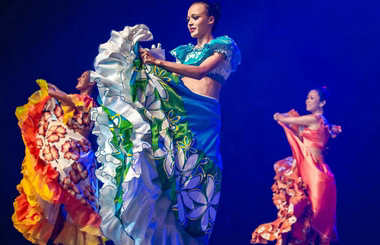
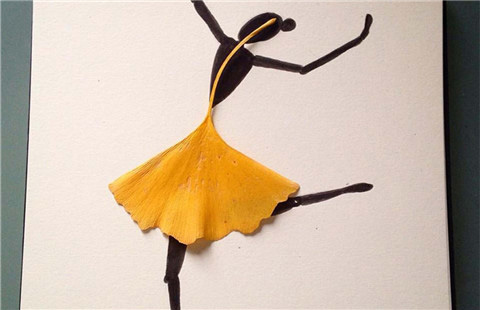
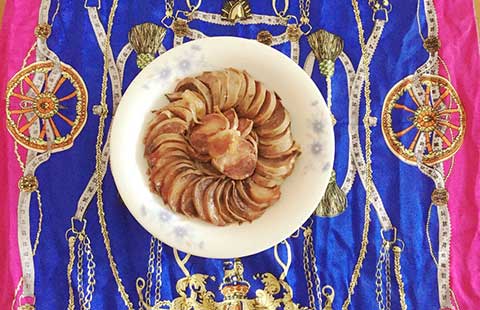


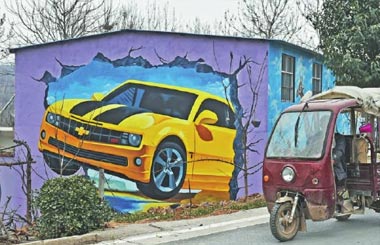

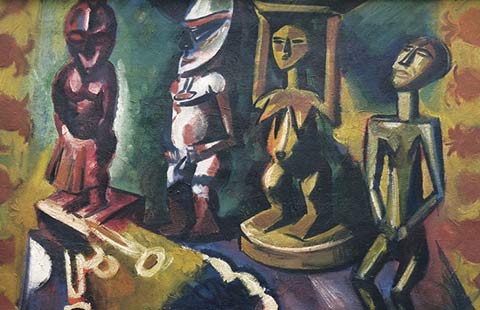






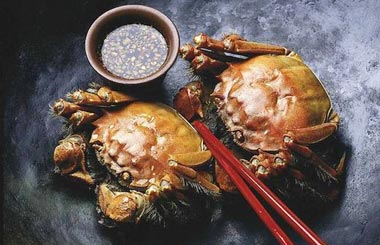
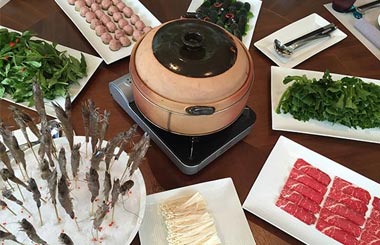
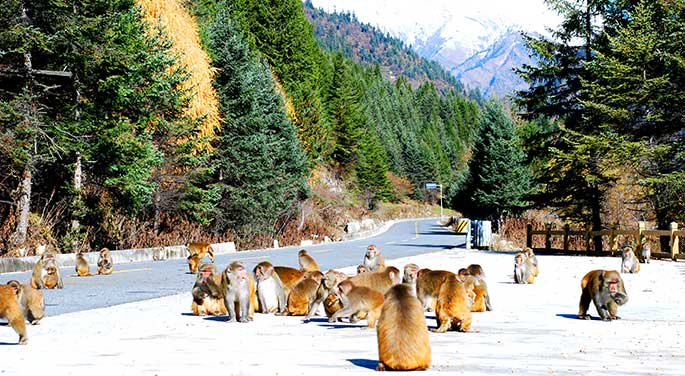
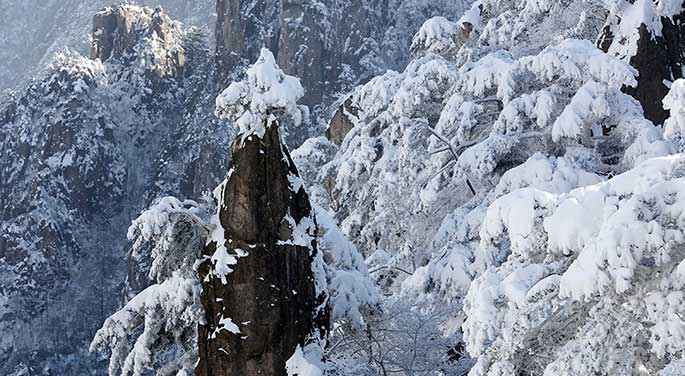
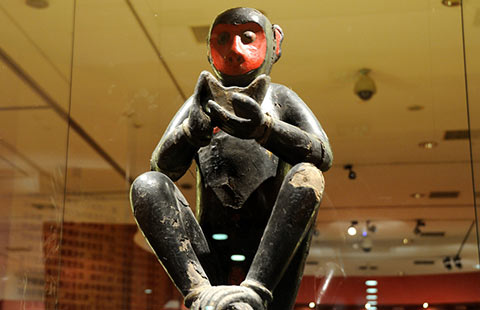

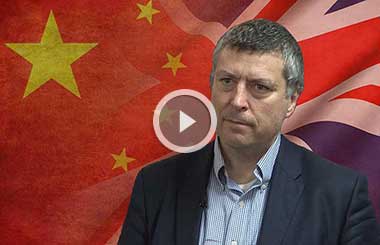

 Raymond Zhou:
Raymond Zhou: Pauline D Loh:
Pauline D Loh: Hot Pot
Hot Pot Eco China
Eco China China Dream
China Dream China Face
China Face
